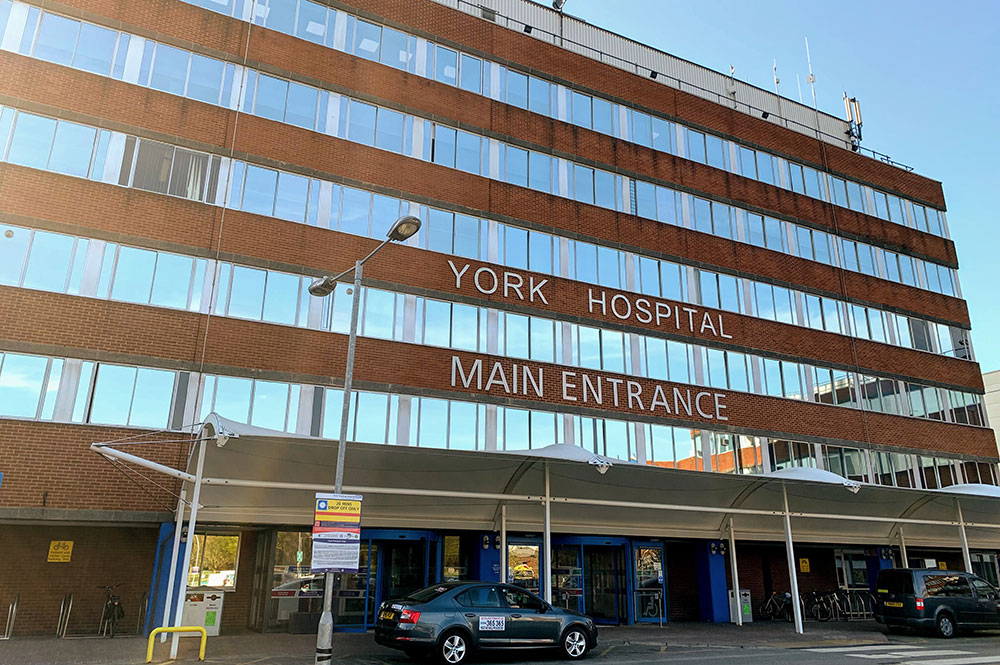Due to the increasing number of cases of coronavirus across the UK, York Teaching Hospital NHS Foundation Trust has made the decision to restrict routine visiting to all its hospital sites in order to ensure the safety of patients and staff.
As part of the restrictions:
- most patients will only be allowed one visitor at a time, between either 3-4pm or 7-8pm
- and they must remain in the hospital room for the duration of the visit
- anyone with symptoms of coronavirus, a cold, flu or norovirus should not visit at all
- children will not be allowed to visit.
Heather McNair, chief nurse at York Teaching Hospital NHS Foundation Trust, said: “It is important that we reduce the number of people coming into our hospitals as we take steps to minimise the impact of coronavirus (COVID-19), particularly for our patients who may be more vulnerable to infection.
“The decision to restrict visitors is always difficult and only made after careful consideration. However the safety of our patients and staff must be our top priority. “
More details

All visitors will be asked to use alcohol gel on entry and exit to the hospital site, as well as on entry and exit to the ward area.
After visiting ends we visitors must leave the hospital straight away, to minimise the risk of infection.
Other measures introduced include:
- Anyone under the age of 16 will be restricted from visiting, expect in exceptional circumstances.
- Visitors to childrens’ wards will be for parents, guardians or carers only.
- Visitors to maternity wards will be restricted to one birth partner only for all appointments, including scans, the birth itself and postnatal visiting.
- For patients attending emergency departments, they should be accompanied by one person only.
- For patients coming for day case chemotherapy “we are asking for no visitors, given the whole patient group are high risk”.
- Visitors will not be allowed in rooms of patients with pending or positive COVID-19 tests, except under extreme circumstances. There will be a requirement to wear full personal protective equipment in these circumstances, which staff will explain.
- Visiting will be allowed in exceptional circumstances, for example if the patient is receiving end-of-life care.
Heather added: “We would ask people to respect this decision and to treat our staff, who will be enforcing the visiting restrictions, with courtesy and respect.
“As soon as it possible to safely relax the visiting restrictions we will do so. In the meantime visitors can still keep in touch with loved ones by considering other ways of having contact, such as video and phone calls.”
